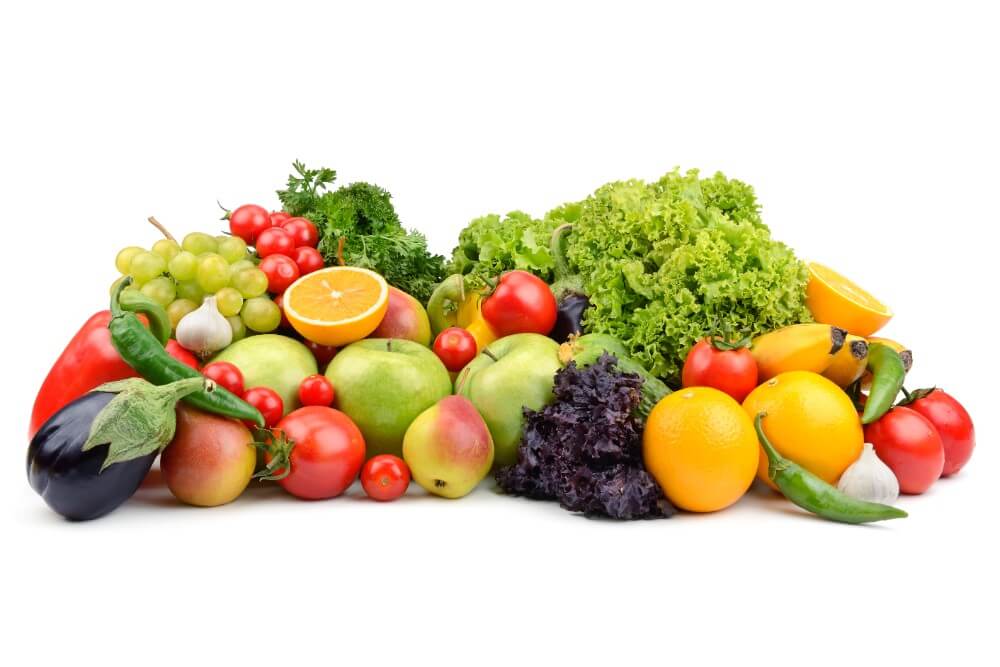Zinc may not get as much attention as some other nutrients, but it’s truly a powerhouse when it comes to keeping you healthy. This essential mineral is like the unsung hero of your body’s defense system, quietly working behind the scenes to support immune function, heal wounds, and even keep your senses of taste and smell sharp.
Let’s dive into what makes zinc so important and why you should consider making sure you’re getting enough of it.
What is Zinc and Why Does It Matter?

Zinc is a trace mineral, meaning you don’t need a lot of it, but the small amount you do need is crucial. It’s involved in hundreds of bodily processes—think enzyme function, protein synthesis, and DNA production. In short, it’s like a building block for many of your body’s most important functions.
But here’s the catch: your body doesn’t store zinc, so you need a steady supply from food or supplements to stay on top of your game. And if you're not getting enough zinc? You might start feeling the effects on your immune system, your skin, and even your energy levels.
How Zinc Supports Your Immune System

One of zinc’s biggest claims to fame is its role in supporting a healthy immune system. Zinc helps activate T-cells, which are essential for fighting off infections. In fact, research shows that getting enough zinc can help shorten the duration of colds and reduce the severity of symptoms.
That’s why zinc supplements often find their way into cold and flu season survival kits. Whether in lozenges, pills, or syrups, zinc is frequently used to give your immune system an extra boost when it needs it the most.
Zinc for Wound Healing and Skin Health

If you’ve ever noticed that zinc creams are a common remedy for skin irritation or diaper rash, there’s a good reason for that. Zinc plays a vital role in wound healing by helping to regenerate skin cells and maintain healthy skin. It also has anti-inflammatory properties, which can help soothe skin irritation and promote faster recovery.
In addition, zinc is often used in treatments for acne. Its ability to reduce inflammation, fight bacteria, and regulate oil production makes it an effective option for those looking to clear up their skin naturally.
Zinc’s Role in Growth and Development
Zinc is especially important for growth and development, which is why it’s a critical nutrient for pregnant women, children, and adolescents. It supports cell division and growth, which is essential during periods of rapid physical development. A zinc deficiency during pregnancy or early childhood can lead to stunted growth, delayed development, and weakened immunity.
That’s why ensuring adequate zinc intake during these critical life stages is key for long-term health.
Foods Rich in Zinc

You might be wondering, “Can I get enough zinc from my diet?” The good news is that zinc is found in a variety of foods. Some of the best sources include:
- Oysters: One of the richest sources of zinc, oysters pack a powerful punch.
- Red Meat: Beef, pork, and lamb are great options for zinc.
- Poultry: Chicken and turkey are also good sources of this mineral.
- Legumes: Beans, lentils, and chickpeas provide zinc, though in slightly lower amounts than animal sources.
- Nuts and Seeds: Pumpkin seeds, cashews, and almonds are plant-based zinc options.
- Whole Grains: While they provide zinc, the absorption from whole grains can be less efficient due to the presence of phytates, which bind to zinc.
For those who struggle to meet their zinc needs through diet, a supplement might be a helpful option.
Should You Take a Zinc Supplement?

If you’re not getting enough zinc from your diet, supplementation can be a simple and effective way to ensure you’re meeting your daily requirements. Zinc supplements come in various forms, including zinc gluconate, zinc citrate, and zinc picolinate—each with different absorption rates. Some studies suggest that zinc picolinate may be absorbed more easily by the body, but all forms can be effective depending on your needs.
Before jumping into supplementation, it's always a good idea to talk to your healthcare provider, especially since excessive zinc intake can interfere with the absorption of other important minerals, like copper.
Recommended Japanese Zinc Supplements

DHC Zinc:
An essential mineral to keep you energized every day. Zinc is a crucial nutrient for life, helping to maintain a normal sense of taste and supporting the health of the skin and mucous membranes. It also plays a role in protein synthesis and nucleic acid metabolism.DHC Zinc is a nutritional supplement that meets the required standards and includes added essential minerals like chromium and selenium. It is ideal for individuals with unbalanced diets or men looking to maintain high energy levels.
Dear Natura Zinc:
This dietary supplement provides twice the daily recommended intake of zinc in each capsule, making it an excellent choice for those looking to support their overall health. In addition to zinc, it also contains maca extract, known for its energy-boosting properties. It is particularly suited for individuals who are concerned about maintaining a balanced diet, those who may have a low intake of seaweed or other zinc-rich foods, and anyone looking to supplement their daily energy levels. This combination of essential minerals and natural extracts makes it a convenient option for daily wellness support.
Kobayashi Pharmaceutical Zinc:
This product contains a variety of essential mineral ingredients, including zinc, which is a vital mineral for the human body and plays a key role in maintaining and forming cells. Even in small amounts, zinc is an indispensable nutrient for daily health maintenance. Additionally, this product is free from artificial additives such as colorants, fragrances, and preservatives, ensuring a safe and healthy supplement option for daily use.
Potential Signs of Zinc Deficiency

So, how do you know if you're not getting enough zinc? While true zinc deficiency is relatively rare in developed countries, it can still happen, especially for those who follow restrictive diets, are pregnant, or have certain health conditions. Here are some signs that may indicate a zinc deficiency:
- Frequent colds or infections
- Slow wound healing
- Hair loss
- Loss of appetite
- Skin conditions like acne or eczema
- Difficulty tasting or smelling food
If any of these sound familiar, it might be worth checking your zinc levels and considering supplementation.
Conclusion: Zinc – Small Mineral, Big Impact
Zinc might not be a nutrient you think about every day, but it’s one that plays a huge role in keeping you healthy. From supporting your immune system to helping heal wounds and maintaining proper growth, zinc does a lot more than you might realize. Whether you get it through your diet or from a supplement, making sure you’re getting enough zinc can make a big difference in your overall health and well-being.
So, next time you’re building out your supplement routine or planning your meals, don’t forget about zinc—it’s small, but mighty!




